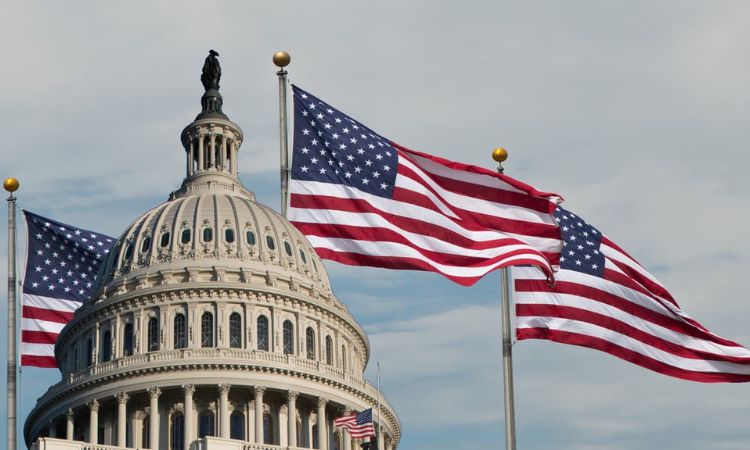On Wednesday, U.S. regulators released rules on the types of mergers and acquisitions to which they object, reiterating the cautiousness with which President Joe Biden’s administration has treated numerous transactions, particularly in the technology industry.

Since Biden took office in 2021, the Federal Trade Commission (FTC) and the US Justice Department have brought an unprecedented number of legal challenges to mergers.
They have had varying degrees of success in court; just last week, they lost two cases involving their attempts to block Microsoft Corp.’s $69 billion acquisition of video game developer Activision Blizzard Inc. and to overturn a merger in the sugar business.
The FTC also failed in its attempt to prevent Meta from acquiring a company that creates virtual reality material and one that specializes in cancer diagnosis during the Biden administration. While trying to thwart a merger in the insurance sector, the Justice Department was successful.
In the next few months, a number of challenges, including the Justice Department’s opposition to JetBlue Airways Corp.’s acquisition of Spirit Airlines Inc., are due to be heard by judges.
Without mentioning them by name, the Justice Department and Federal Trade Commission‘s 51-page guidelines detailed mergers like Amazon.com’s 2018 acquisition of video doorbell company Ring and advised the antitrust agencies to closely examine them.
Amazon may be tempted to choose Ring over rivals because Ring’s competitors are available there, which is a source of concern.
In addition, the rules said that a deal shouldn’t prevent a competitor from entering a crowded market or result in a company purchasing a business that supplies raw materials to rivals of the acquirer.
Deal advisors claimed that businesses were already ready for Biden’s strict antitrust policies, and some had even become more confident in the wake of the regulators’ recent court defeats.
According to Kenneth Schwartz, an antitrust partner at Skadden, Arps, Slate, Meagher & Flom LLP, “The courts are the ultimate deciders, and the courts are guided by precedent and case law.”
The impact of enforcement could be limited in the short term, according to a number of other antitrust attorneys, including Daniel Culley of Cleary Gottlieb Steen & Hamilton LLP, who believes the new restrictions are unlikely to significantly impede dealmaking.
Megan Browdie, an antitrust lawyer at Cooley LLP, said that until we see what the courts will accept, the new standards “may not have that much of an impact.”
LSEG Deals Intelligence data shows that this year’s global deal volumes in the technology sector have decreased by more than half.
According to Fiona Schaeffer, an antitrust lawyer at the law firm Milbank LLP, tougher antitrust enforcement in the sector has contributed to a decline in deal enthusiasm.
She stated that because they do not take into account recent court rulings on disputed mergers, the proposed rules would not necessarily be accepted by judges hearing merger challenges.
“The (regulators) rules do increase transparency, but that transparency also raises some doubts about whether or not they are actually supportive of consolidation. Big is not good, she said.
The Democratic senator Elizabeth Warren, who has vigorously advocated for tighter antitrust enforcement, described the new rules as a “turnaround” following “more than 40 years of lax antitrust enforcement.”
The new antitrust regulations also reflect the White House’s emphasis on labor-related issues. The rules state that “where a merger between employers may significantly reduce competition for workers, that reduction in labour market competition may lower wages, slow wage growth, or worsen benefits or working conditions.”
The new rules supersede the ones that were last issued in 2010 and 2020, respectively, regarding corporate acquisitions of rival businesses and corporate mergers with suppliers. For 60 days prior to their finalization, the new rules will be subject to discussion.















